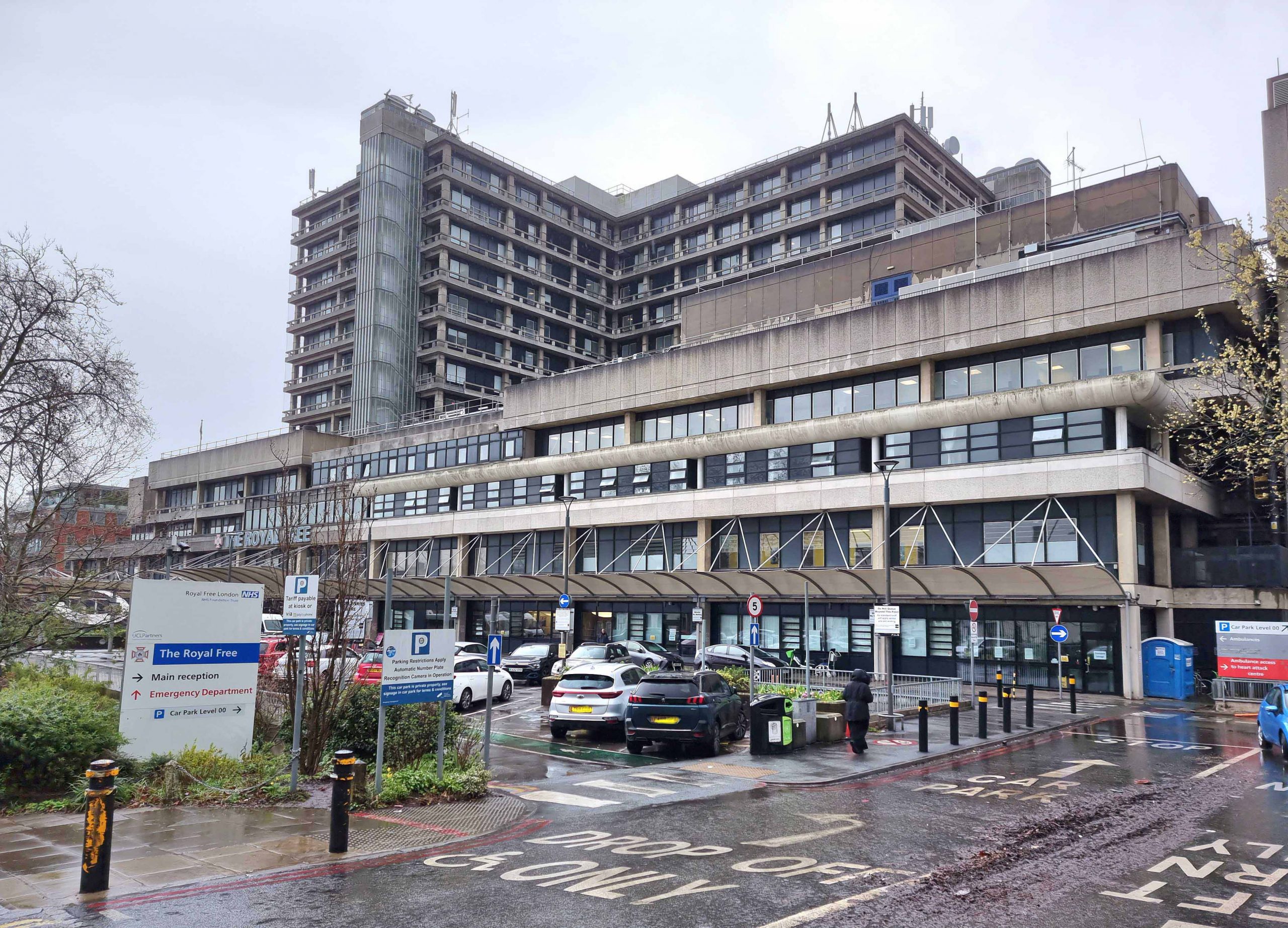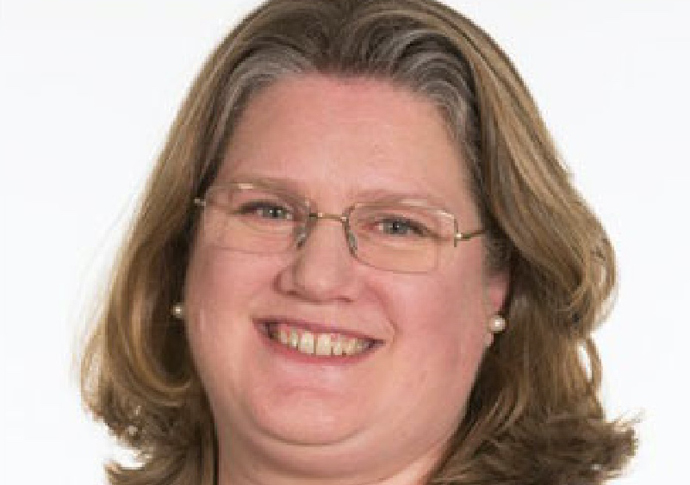Whit’s maternity unit spared the axe – but the service is cut at the Royal Free
Shake-up at hospitals blamed on ‘falling birth rates’
Friday, 21st March — By Isabel Loubser

The Whittington Hospital
THE Whittington Hospital’s maternity unit will be saved after a year-long consultation has concluded that services at the Royal Free will be closed instead.
It is expected that the decision will be finalised at a meeting of the North Central London Integrated Care Board next week.
NHS chiefs have argued that maternity arrangements across North Central London are “not sustainable” due to falling birth rates and a staffing crisis among nurses and midwives, and insisted that at least one unit would need to shut.
According to Dr Josephine Sauvage, who headed up the “Start Well” programme that set out to make changes to maternity services in north London, “doing nothing was not an option”.
She added: “These are difficult decisions. We know how hard staff work to provide services which are highly valued. However, the current arrangement cannot continue as they are”.
Now Whittington bosses are said to be rejoicing at the “very good news” that will see services remain open and an additional £67m funding secured. Dr Clare Dollery, acting CEO at Whittington Health, said: “We are very proud of our maternity and neonatal services, and our teams who deliver them. But we know we need to invest in our current facilities and estate so we can provide our services in a high quality, modern healthcare environment.

The Royal Free in Hampstead
“These changes would be transformative in improving the care and experience of pregnant women and people and of babies and their families”
Mayani Muthuveloe, from the Whittington Maternity and Neonatal Voices Partnership, said that “chronic underfunding” under the last government had had a “detrimental impact”.
She told the Tribune: “It’s obviously sad for the staff and the families at the Royal Free. I understand that people might think that it would be a backward step but it would mean that there would be more investment into other units … and that investment into the estate would mean that women, babies and families would be able to have a far safer, more personalised, and possibly more equitable care because they’ve got more funding.”
Meanwhile, however, NHS campaigners have warned that the decision to close the unit at the Royal Free in neighbouring Camden will put pressure on Whittington services.
Shirley Franklin, who has headed up the Defend Whittington Hospital Coalition and fought to save the Whittington’s A&E department in 2010, said she was “disgusted” with the decision to close one of the departments.

The Whittington’s acting CEO Clare Dollery
She told the Tribune: “The consultation never gave the choice to keep them both open. It’s not in anyone’s interest to close the Royal Free. There’s going to be a shortage and it’s going to affect all of the people in the area. I’m appalled because they think that this is so great but that’s not the way we should be operating.”
She added: “I don’t think it was a real consultation, they never do real consultation. They didn’t provide the options that we all want to see which is that we want local maternity provision in all areas. OK, the Whittington and the Royal Free are fairly close, but not close enough. It doesn’t justify closing that unit down.”
More than 3,000 people participated in the consultation with two-thirds of service users saying that changes were needed. However, senior medics have spent months fighting to save the Royal Free, raising “significant concerns” that the closure would sideline “the welfare of women”.
Islington North MP Jeremy Corbyn said: “The Whittington offers brilliant maternity and neonatal services, and I am pleased it will be able to continue providing care to people across north London. I’d like to take this opportunity to thank the hardworking staff that have kept it thriving, often in extremely challenging circumstances.
“I will continue to campaign for much greater investment in a fully-public NHS so that the best possible maternity care is available for everyone, no matter where they live.”